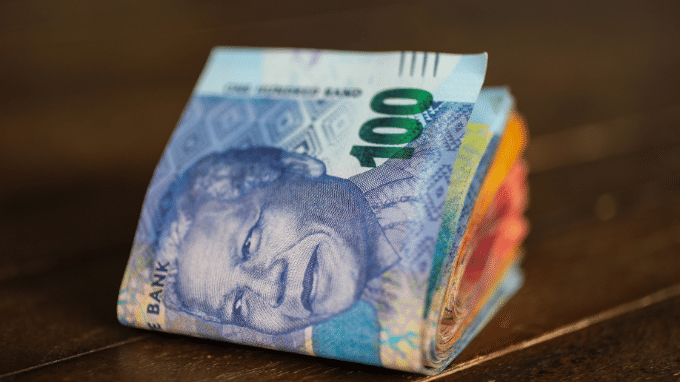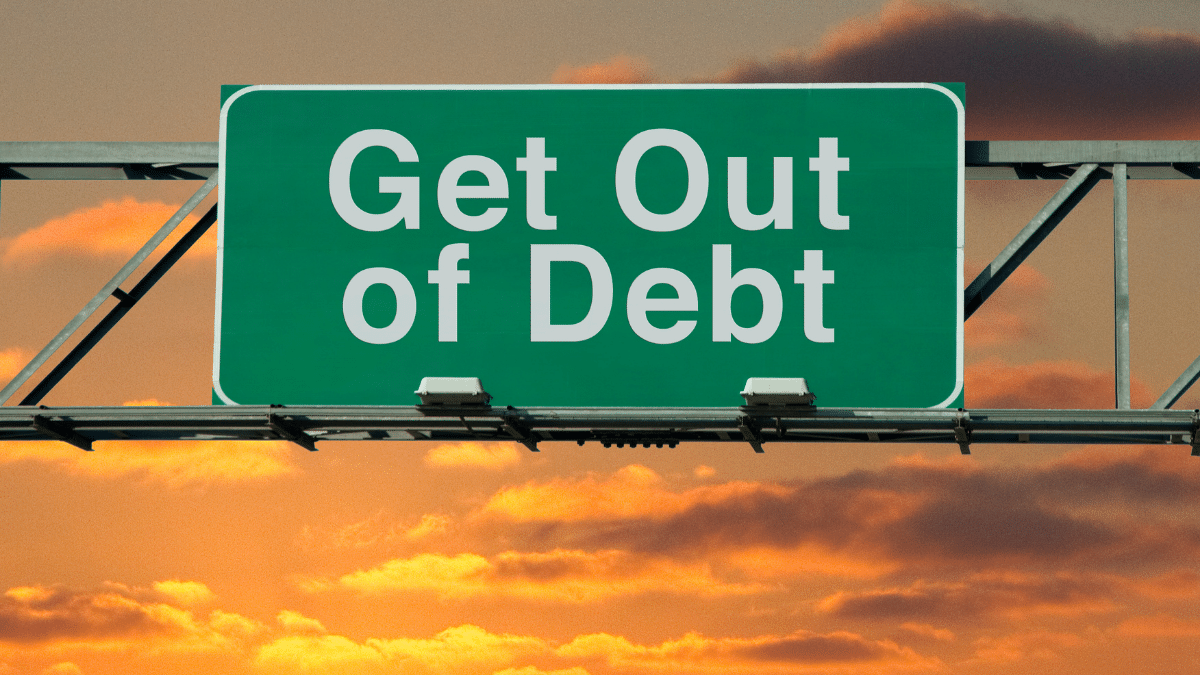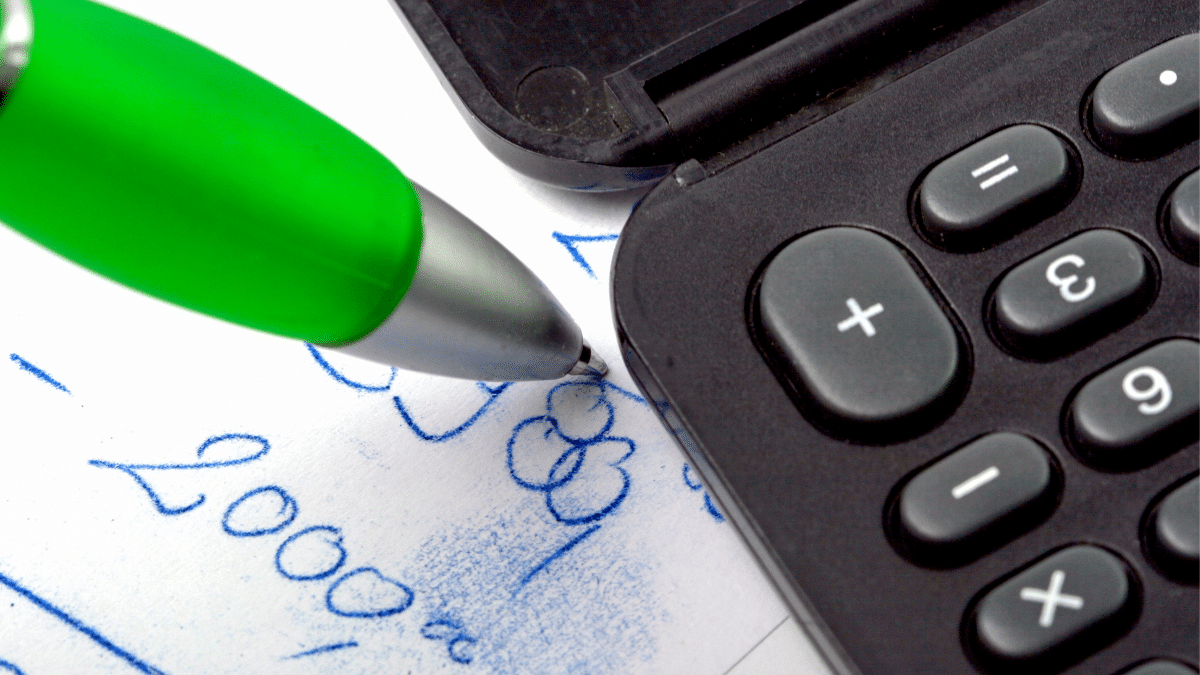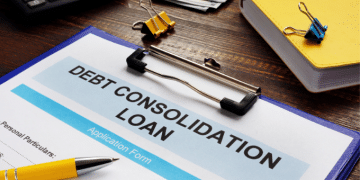How to Get Out of Debt Faster: South Africa’s Best-Kept Secrets

Ever feel like your debt is growing faster than your paycheck?
Like no matter how hard you try, the bills just keep piling up?
You’re not alone.
In South Africa, how to get out of debt faster is a reality for millions, from maxed-out credit cards to ballooning personal loans.
But here’s the secret most people don’t tell you:
You can get out of debt faster than you think.
And no, it doesn’t require winning the Lotto or a massive raise.
It just takes a few smart strategies, some fresh perspectives, and the willingness to change your money habits for good.
Let’s dive into the best-kept secrets South Africans are using to wipe out debt — and stay out for good.
1. Know Exactly What You Owe
Sounds obvious, right?
But most people don’t have a clear picture of their total debt.
They know the monthly payments.
Maybe the balances.
But the big picture? Not always.
Take 30 minutes. Write it all down:
- What debts do you have?
- How much do you owe on each one?
- What’s the interest rate?
- When are the due dates?
This exercise might sting a bit.
But you can’t fix what you can’t see.
This is your personal finance South Africa wake-up call.
2. Budget Like Your Life Depends On It
Because honestly, your future does.
A solid, no-nonsense budget is your first defense — and your biggest ally.
Use simple budgeting tips like the 50/30/20 rule, where:
- 50% goes to needs (rent, food, transport)
- 30% to wants (entertainment, fun)
- 20% to savings and debt payments
Or, if debt is crushing you, flip the script: 60/20/20 — cut the wants and push more into repayments.
Track every cent. Use budgeting apps like:
- 22seven
- Stash
- MoneySmart
Pro tip? Set spending limits by category.
Give every rand a job.
Read More: Top 10 Personal Finance Mistakes South Africans Make—and How to Avoid Them
3. Choose a Repayment Method That Works for YOU
There’s no one-size-fits-all solution.
But there are two proven strategies:
Avalanche Method
- Pay off the debt with the highest interest first.
- Saves the most money over time.
Snowball Method
- Start with the smallest debt.
- Builds confidence and momentum quickly.
Pick the one that fits your mindset and stick to it like glue.
Don’t just throw random amounts at random debts.
Have a plan. Follow the plan. Adjust as needed.
4. Cut Out “Death by a Thousand Subscriptions”
Let’s be honest.
How many subscriptions do you really use?
- Netflix
- Showmax
- Spotify
- Gym (but when last did you go?)
Go through your bank statement.
Cancel what you don’t use weekly.
You could free up R500–R1000 a month just like that.
Apply it to your debt.
Every rand helps.
This is one of those savings strategies that people overlook but really works.

5. Sell What You Don’t Need
Look around your home.
That unused treadmill?
Old smartphone?
Extra furniture?
You’re probably sitting on a few thousand rands of stuff.
Sell it.
- Facebook Marketplace
- Gumtree
- OLX
- Takealot Marketplace (for tech)
Decluttering reduces stress.
And every cent from the sale goes straight to your debt.
Quick wins. Fast progress. Pure satisfaction.
6. Side Hustle the Smart Way
Your 9-to-5 can only stretch so far.
Why not add a 5-to-9?
Here are side hustles South Africans are using in 2025:
- Freelance work (Upwork, Fiverr, local gigs)
- Virtual assistant work
- Delivery services (Uber Eats, Mr D)
- Pet sitting or house sitting
- Teaching or tutoring online
Even an extra R1000 a month can help you cut your debt timeline in half.
Invest your time now — to buy your freedom later.
7. Stop Using Credit Cards Like They’re Free Money
They’re not.
Every time you swipe, you borrow.
And most cards have interest rates over 20%.
It’s a debt trap dressed as convenience.
Try this instead:
- Leave the card at home
- Switch to debit-only transactions
- Use cash for a month to reset your spending habits
The fewer temptations you have, the more progress you’ll make.
8. Automate Your Payments
Set up automatic payments for your debt.
That way, you don’t miss due dates or spend the money elsewhere.
Automated payments mean:
- No late fees
- Less stress
- Consistent progress
Also — pay extra whenever you can.
Even R200 extra can shave months off your loan.
You’ll pay less interest. And that means faster freedom.
9. Consider Debt Consolidation (But Be Smart About It)
Juggling five or six loans?
It’s overwhelming.
Debt consolidation lets you roll all of them into one — often with a lower interest rate.
South African banks like Capitec, Nedbank, or African Bank offer these solutions.
But here’s the golden rule:
Only consolidate if you’re committed to NOT racking up new debt.
It’s a tool, not a miracle cure.
Use it wisely.
Read More – Creating a Budget That Works for You in South Africa
10. Talk to a Registered Debt Counsellor
There’s no shame in asking for help.
If you’re drowning in debt and can’t see a way out, a debt counsellor might be the best move you’ll ever make.
They can:
- Renegotiate your interest rates
- Combine your debts into one payment
- Stop legal action from creditors
Just make sure they’re registered with the National Credit Regulator (NCR).
Debt counselling is debt management done right — especially if things have spiraled.

11. Build a Mini Emergency Fund
Counterintuitive, right?
You’re thinking, “How do I save when I owe so much?”
But not having savings leads to more debt.
One flat tyre. One doctor’s visit. One missed paycheck.
Boom — you’re borrowing again.
Aim for R1000, then R5000.
Keep it in a separate savings account.
Use it only for real emergencies.
It’s your buffer. Your safety net.
12. Protect Your Future with Retirement Planning
Yep — even while paying off debt.
Here’s why:
The sooner you start retirement planning, the more time your money has to grow.
And in South Africa, many people rely on their kids or government support in old age.
You don’t want that.
Even R300/month into a retirement annuity or tax-free savings account can build serious long-term wealth.
Future you will thank you.
{Image-3}
13. Mindset Over Money
Getting out of debt isn’t just about numbers.
It’s about mindset.
- Change how you see money
- Break bad spending habits
- Set goals that matter to YOU
Celebrate small wins.
Track your progress.
Talk about your journey with people you trust.
Debt doesn’t define you.
It’s just something you’re dealing with — and beating.
14. Stay Consistent — Even When It’s Boring
Let’s be honest.
Most of this isn’t exciting.
There are no flashy results overnight.
But you’ll feel peace.
You’ll sleep better.
You’ll feel in control.
That’s worth everything.
Stick to the basics. Repeat what works.
Stay patient, stay focused, and stay kind to yourself.
Final Thoughts: You’ve Got This
Gett out of debt faster is 100% possible.
No tricks. No shortcuts. Just smart moves, consistent effort, and a deep desire to be free.
Use these best-kept secrets, apply the budgeting tips, explore new savings strategies, and plan for your future with smart retirement planning.
And if you fall off track?
That’s okay.
Just get back up — and keep going.
Your freedom is waiting.
One smart choice at a time.

FAQs: How to Get Out of Debt Faster in South Africa
- What’s the first step to becoming debt-free in South Africa?
Start by listing all your debts with their amounts, due dates, and interest rates. This gives you a clear picture to work from and helps you choose the best repayment method.
- Should I save money or pay off debt first?
Ideally, do both. Build a small emergency fund (R1000–R5000), then focus on high-interest debts. This keeps you from falling back into debt during an emergency.
- Is debt consolidation worth it in 2025?
Yes, if done wisely. It can lower your monthly payments and interest rates. But you must avoid taking on new debt after consolidating.
- How can I increase my income to pay off debt faster?
Start a side hustle, sell unused items, or freelance your skills online. Even an extra R1000/month can make a big difference in your debt management plan.
- Are there free resources to help with budgeting and debt in South Africa?
Yes! Apps like 22seven and tools from the National Credit Regulator (NCR) offer budgeting help. You can also contact debt counsellors for free assessments.





